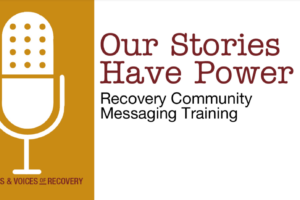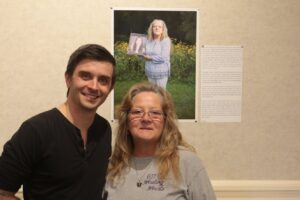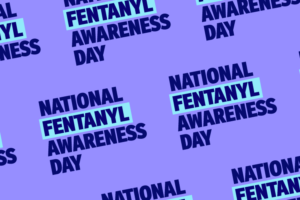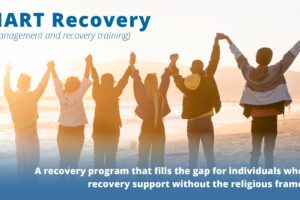Two Parents Discuss the Benefits of Harm Reduction – Part One
Healing Cortland was fortunate to speak with Dean O’Gorman and Karlene Shafer, two Cortland County residents who are very passionate about ending the overdose crisis. Both Dean and Karlene have lost a child to an opioid overdose, and are both brave and thoughtful to have shared their perspectives with us.
Our conversation was largely about harm reduction, a concept that is sometimes misunderstood or frowned upon. Dean shared with us what harm reduction is, and means to him:
“Harm reduction is a set of beliefs that are aimed at reducing negative consequences associated with drug use. It is a social movement, and I see this as a way of saving lives. It was something I didn’t even know about or thought of until I lost my son. Harm reduction is as simple as having a Narcan kit.”
Karlene shared some of her personal experiences with the way society shames people who use drugs. She shared: “Since the beginning of my journey, my viewpoints have changed over and over again. Stigma and harm reduction are both big things. There isn’t as much stigma as there used to be but it’s still there. I was listening to something recently, it must’ve been a TV show or something, and it was like, “Oh those junkies, they’re worthless, someone should put them out of their misery.” This is actually what many people really think. Us speaking up makes a difference because it puts a face to this problem. These are real people. They didn’t just plop here. They are somebody’s children, parents, sisters, and brothers.”
A very important aspect of harm reduction is the acceptance of the fact that drugs are here and people are going to use drugs. Harm reduction is about knowing this, and trying to reduce the harm and death that comes with the risk of using drugs. It is not enabling– it is working to create access points and social connections for people in use, so they can use safely and work towards recovery on their own terms.
Dean shared, “There are things we have to accept whether we like it or not. We have to accept that drugs are here; they are a part of our world. We went through the war on drugs and all the arrests and all the busts and it didn’t make a difference. It’s still killing our kids, our brothers, sisters, cousins. It’s a part of our world whether we like it or not. So how do we reduce the harm, recognizing it’s a part of our world?”
“Drug use is a complex phenomena. It encompasses a lot of different behaviors and mental issues. It could be yes, that person liked to have fun and that was their way of doing it, to that person who was physically abused and that was their way of forgetting it. I don’t think anyone rich or poor can say they never had a single thing that upset them or that they had the most perfect life. They may have been able to deal without differently but it doesn’t mean that person is of any less worth or value. Harm reduction MUST involve the community.”
As Dean said, harm reduction can be as simple as having a Narcan kit. Narcan is a life-saving medication that reverses an opioid overdose in minutes. A large part of Healing Cortland’s work is to support local efforts to get Narcan into the hands of community members and people in use. You can find resources for Narcan here.
Likewise, using alone is a major risk factor, which is why Never Use Alone is an amazing service to take note of. Never Use Alone is an overdose prevention line you call when using alone. They stay on the line with you while you use and send help if you stop responding. You will be asked for your first name, location, and the number you are calling from. If you stop responding after using, the operator will notify emergency services of an ”\unresponsive person\” at your location. Their motto is “no judgment, no shaming, no preaching, just love.”






